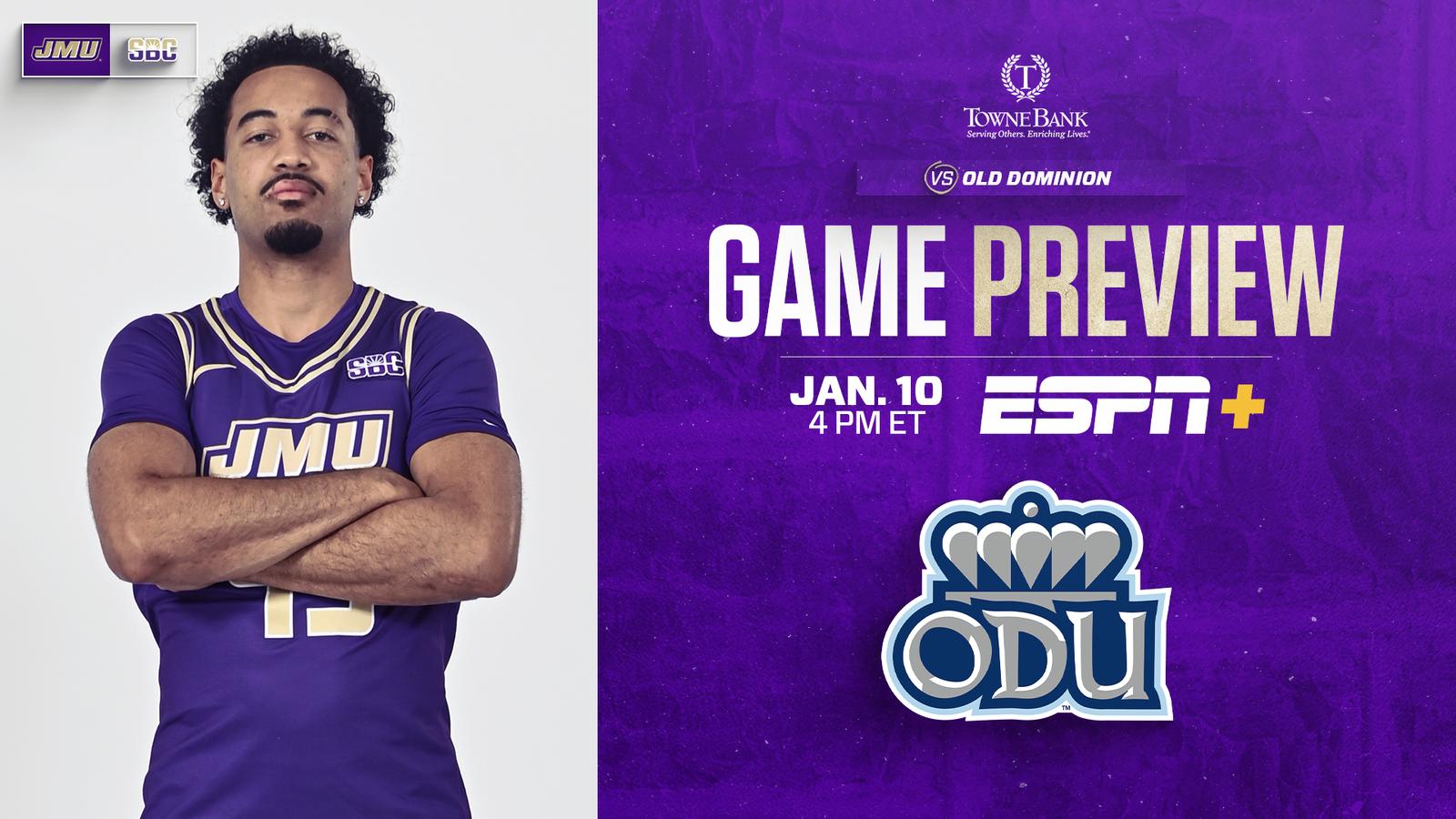Lee el artículo en español
Just hours after the US overthrow of Nicolás Maduro, the Venezuelan leader accused of “narco-terrorism,” US President Donald Trump suggested he could…

Lee el artículo en español
Just hours after the US overthrow of Nicolás Maduro, the Venezuelan leader accused of “narco-terrorism,” US President Donald Trump suggested he could…

Who: Iowa State (0-1, 0-0 Big 12) at Iowa (0-2, 0-0 B1G) vs. Illinois (0-0, 0-0 B1G) vs. Illinois State (0-0, 0-0 MIC)
Where: Carver-Hawkeye Arena (14,998) – Iowa City, Iowa
When: Saturday, Jan. 10, 2026 – 4 p.m.
Leading Off: After opening…

Nine days into the new year, we’ve been saddened and alarmed by the Trump administration’s escalating violence at home and abroad – from the attack on Venezuela to the horrifying ICE killing of Renee Good in Minneapolis (more on that…

Game 17
Opponent: Old Dominion
Date: Sat., January 10
Tipoff: 4 pm (eastern)
Location: Harrisonburg, Va.
Arena: Atlantic Union Bank Center
Watch: ESPN+
Radio: WSVA 92.1 FM | 550 AM
JMU HOSTS OLD DOMINION SATURDAY

Pittsburgh, PA – The Pennsylvania Department of Transportation (PennDOT) is announcing lane and shoulder restrictions on northbound Interstate 279 (Parkway North) in Ross Township, Allegheny County, will begin Monday, January 12 weather permitting.
Single-lane and shoulder restrictions will occur on northbound I-279 at the Jacks Run Road Bridge located between Cemetery Lane and Bellevue Road. Restrictions will occur daily from 9:00 AM to 4:00 PM through Friday, January 16.
Crews from Pugliano Construction Company, Inc. will conduct bridge repair work.
PennDOT is not involved in this work and is providing this information as a public service announcement only. For additional information contact Brent Wasko at 412-350-2451.
Please use caution if traveling in the area.
Motorists can check conditions on major roadways by visiting www.511PA.com. 511PA, which is free and available 24 hours a day, provides traffic delay warnings, weather forecasts, traffic speed information and access to more than 1,200 traffic cameras. 511PA is also available through a smartphone application for iPhone and Android devices, by calling 5-1-1, or by following regional X alerts.
Find PennDOT’s planned and active construction projects at www.pa.gov/DOTprojects. Subscribe to PennDOT news and find transportation results in Allegheny, Beaver, and Lawrence counties at www.pa.gov/DOTdistrict11.
Find PennDOT news on X, Facebook, Instagram and LinkedIn.
MEDIA CONTACT: Steve Cowan, 412-429-5010
# # #



Back for 2026, Coca Cola Sips & Sounds will provide tickets for 1,000 Platinum Badgeholders each day. Lineup includes Christina Aguilera, Major Lazer Soundsystem, Clavin Harris, Foster the People and many…
The Georgia Department of Public Health (DPH) has launched the GA WIC mobile app, a new tool designed to help families more easily access and manage their WIC benefits—anytime, anywhere.
The GA WIC app offers convenient, user-friendly features…